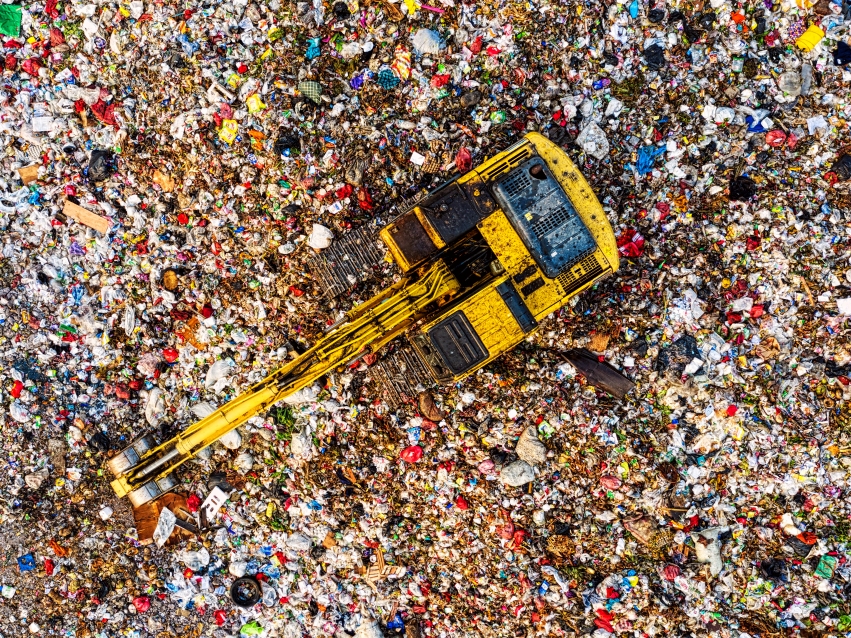Did you know that hospitals are the fifth largest producer of waste in Germany?! Per hospital bed, the costs for waste disposal amount to 800€ per year (Jochen A. Werner, Smart Hospital, Med. Wiss. Verlagsgesellsch.).
And did you know that anesthetic gases are among the most harmful greenhouse gases of all? A 7-hour surgery day with the anesthetic gas desflurane is as harmful as a car trip to West Africa (SZ, 3.3.2023). In studies, anesthetic gases were found far away from operating rooms, for example in the Himalayas and in the Arctic.
The topic of environmental protection and medicine has not really been an issue up to now – to be honest also for myself. When it comes to the high good of health, high costs and – even more so, directly imperceptible – environmental damage play no role!
Now, quite rightly, a rethink is also taking place in the healthcare industry.
We ambulatory surgeons are clearly ahead in terms of environmental protection! The patients are only with us during the special treatment and accordingly consume less energy than in a hospital (catering, laundry, heating, etc.).
By the way, our practice does not use anesthetic gases, but intravenously administered anesthetics such as benzodiazepines, propofol and opiates.
Photo: Tom Fisk

